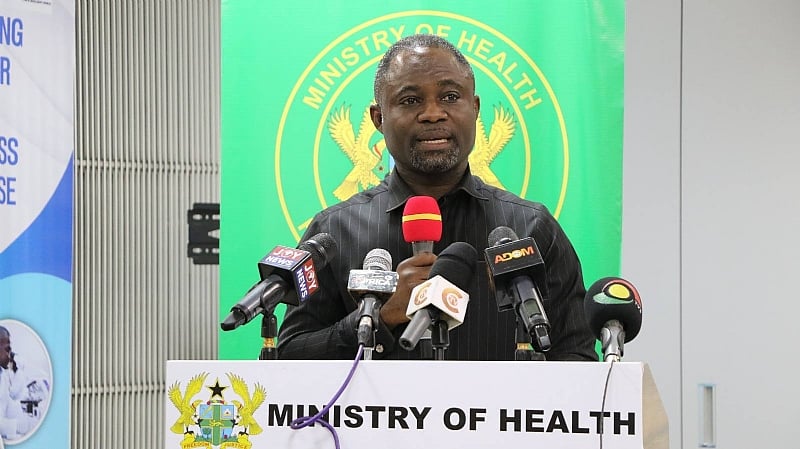Health sovereignty, as articulated by Ghana’s Health Minister, Mr. Kwabena Mintah Akandoh, is the inalienable right of a nation to control its own healthcare destiny. It signifies the ability to make independent decisions regarding health policies, allocate domestic resources effectively, and exercise leadership within the health systems that directly impact the well-being of its citizens. This concept does not imply isolationism; rather, it emphasizes the importance of true partnership and collaboration in global health discussions, where African nations are recognized as equals and their unique needs are prioritized. For too long, Africa has been portrayed as a passive recipient of aid, a narrative that undermines the continent’s agency and perpetuates dependency. The pursuit of health sovereignty is a declaration of self-determination, a commitment to building robust, sustainable, and locally-driven healthcare systems that prioritize the health and dignity of African people.
The Africa Health Sovereignty Summit, held in Accra, served as a platform to redefine the future of healthcare on the continent. The summit moved beyond symbolic gestures and rhetorical pronouncements, focusing instead on tangible actions to empower African nations to take ownership of their health trajectories. The historical context of donor-driven agendas shaping health budgets, often at the expense of local needs, was critically examined. This dependency, often exacerbated by successive crises, has created a systemic vulnerability that undermines the ability of African nations to build resilient healthcare systems. The summit aimed to dismantle this paradigm, emphasizing the importance of local resource mobilization, strategic investment, and the development of local expertise to drive healthcare improvements.
Health is not merely the absence of disease; it is the foundation upon which all other freedoms and aspirations are built. It is inextricably linked to human dignity, economic productivity, and social progress. A nation cannot truly flourish if its citizens are burdened by preventable diseases and lack access to quality healthcare. The summit underscored the critical link between health sovereignty and national security, recognizing that a nation reliant on external forces for its healthcare needs is fundamentally vulnerable. Building resilient and self-sufficient healthcare systems is not only a matter of public health but also a matter of national security and economic empowerment.
The call for health sovereignty is a call for self-reliance and a rejection of the paternalistic approach that has characterized much of the global health landscape. It recognizes that true partnership cannot exist when one party is perpetually dependent on another. African nations possess the knowledge, resources, and human capital to build robust healthcare systems that meet the specific needs of their populations. The summit served as a clarion call for African leaders to prioritize health investments, foster innovation, and create an enabling environment for local healthcare professionals to thrive. The goal is not simply to improve health outcomes but to fundamentally transform the healthcare landscape, ensuring that African nations have the capacity and agency to shape their own health destinies.
The path to health sovereignty requires a multi-pronged approach, encompassing financial investments, infrastructure development, human resource capacity building, and the strengthening of regulatory frameworks. It also necessitates a shift in mindset, away from dependency and towards self-sufficiency. African nations must prioritize local manufacturing of essential medicines and medical supplies, invest in research and development to address local health challenges, and strengthen primary healthcare systems to ensure equitable access to quality care. Furthermore, regional collaboration and knowledge sharing are vital to accelerating progress and leveraging collective strengths.
The summit served as a powerful reminder that health is not a privilege but a fundamental human right. It underscored the urgent need for African nations to take control of their healthcare narratives, to move beyond dependency, and to build sustainable, locally-driven healthcare systems that safeguard the health and dignity of their citizens. The pursuit of health sovereignty is not merely a political ambition; it is a moral imperative. It is about ensuring that every African, regardless of their background or circumstance, has the opportunity to live a healthy and fulfilling life. It is about empowering African nations to shape their own destinies and to take their rightful place as equal partners in the global health arena.


